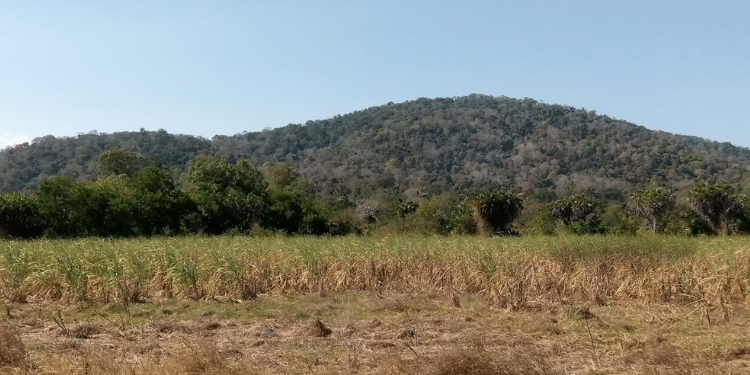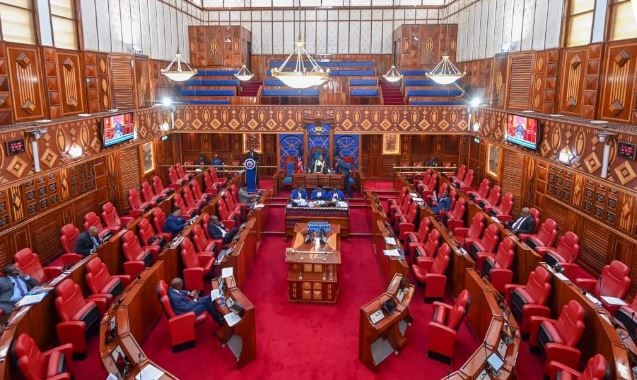If you were following the story of the Facebook rapist Thabo Bester, whom I mentioned in this column a couple of weeks ago, you must know by now that he was arrested in Arusha at the weekend, shortly before he and his alleged accomplices crossed the border into Kenya.
For those who may need a refresher course, here is a brief one: Bester, who has several aliases, is a convicted rapist and murderer who escaped a South African prison more than a year ago by faking his own death.
In March, a manhunt was launched for him after a fresh post-mortem investigation revealed the body that was burned beyond recognition in Bester’s cell was someone else's.
Meanwhile, Bester was living it up on the outside with his girlfriend, a socialite doctor, until a campaigning online newspaper started to ask questions and someone spotted him in a shopping mall and posted his picture online.
As to whether Kenya was their final destination, we may probably never know. The fact that Kenya is such an international transport hub might have been a reason for their heading there.
That and the fact of Kenyan gullibility when it comes to smooth-talking foreigners, plus the fact that it is thought to be easy to disappear in Kenya if you have enough money, might have been the draw cards.
The English writer Somerset Maugham once described the French Riviera as a sunny place for shady people.
That saying was borrowed by a British colonial military commander Gen George Erskine who, when he wasn’t fighting the Kenya Land and Freedom Army, used the phrase to describe the colony.
In doing so, he was looking mainly at his shady compatriots who made up the so-called Happy Valley set, their triangular existence in the sunny climes of Nairobi, Naivasha and Nanyuki.
Since those days, there have been many international fugitives who have hoped to disappear in Kenya, and we seem to have only heard about them when their luck ran out.
Though it would seem in recent years, shady foreigners seeking cover in the sunny climes of Kenya have not been as successful as they might have been in the past.
For instance, last year, there was the case of John Habeta, a Dutch national of Eritrean origin, who was reported to have been arrested in Kenya following a covert operation by DCI detectives.
Before his capture, Habeta had reportedly been on the run for four years from the Dutch authorities, who wanted him for operating an international human smuggling syndicate.
The year before, Miroslav Brazda, a Czech fugitive who had been on a wanted list for 15 years over fraud, was arrested at the Loitokitok border point as he tried to cross from Tanzania to Kenya without requisite documents.
Of course, the most notorious case was that of Rwandan businessman and génocidaire Felicien Kabuga, who in 2020 was arrested in Paris at the age of 87 after spending 26 years as a fugitive.
For years, it was rumoured that after Kabuga fled Rwanda in 1994, he came to Kenya via Switzerland and the DRC.
I remember hearing claims that Kabuga registered and ran a business in Nairobi and was thought to be living in Kileleshwa.
In 2001, the Rwanda government issued an official statement stating that Kabuga was living in Kenya and demanding that the government arrest him.
It was news fodder for ages, and it was widely believed that Kabuga used his wealth to buy protection from corrupt public officials in both presidents Daniel arap Moi and Mwai Kibaki regimes, until it got too hot and he escaped to France.
So, was Bester hoping he might have the luck of a Kabuga to disappear in Kenya and avoid arrest? We may never know, unless he escapes again and writes a tell-all biography from jail or gives an interview from his cell.
If it happens, and I am still here, I'll let you know.


















